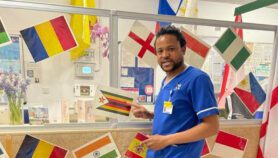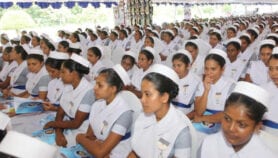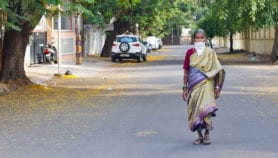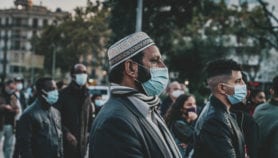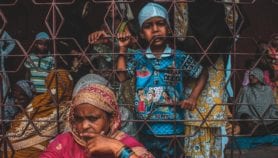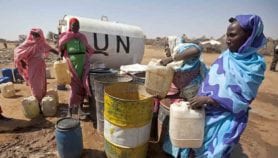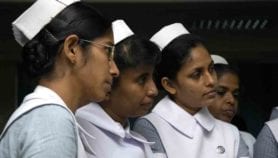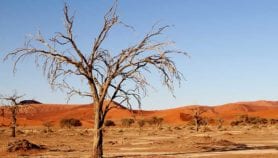Send to a friend
The details you provide on this page will not be used to send unsolicited email, and will not be sold to a 3rd party. See privacy policy.
Qatar has the world’s third largest natural gas reserves. But unlike many of its neighbours, it is investing heavily in a resource that will outlast petrochemicals: intellectual wealth.
Since 1995, Emir Hamad bin Khalifa Al-Thani has worked to reinvent his state as an educational powerhouse and knowledge economy. In this article, Lone Frank describes the changes.
Hamad intends to reform education at all levels. An overhaul of school curricula is underway, while Qatar University is being modernised to qualify for international accreditation.
A key component of the revolution is Education City — a 1,000-hectare site hosting campuses of top US universities, including Cornell’s medical school, Georgetown and Texas A&M. Many Qataris object to importing foreign universities, but it is the best option for Qatari women who cannot go abroad to study.
Qatar University is facing its own gender issues: three-quarters of students are women. Hamad’s wife, who runs the Qatar Foundation for Education, Science, and Community Development, is concerned there might be a backlash and is trying to find ways of recruiting more men.
There are also plans to lure expatriate scientists back to the country. But some say that while big budgets are essential to building a knowledge economy, a culture that appreciates the contributions of science to society is needed for research to thrive.


